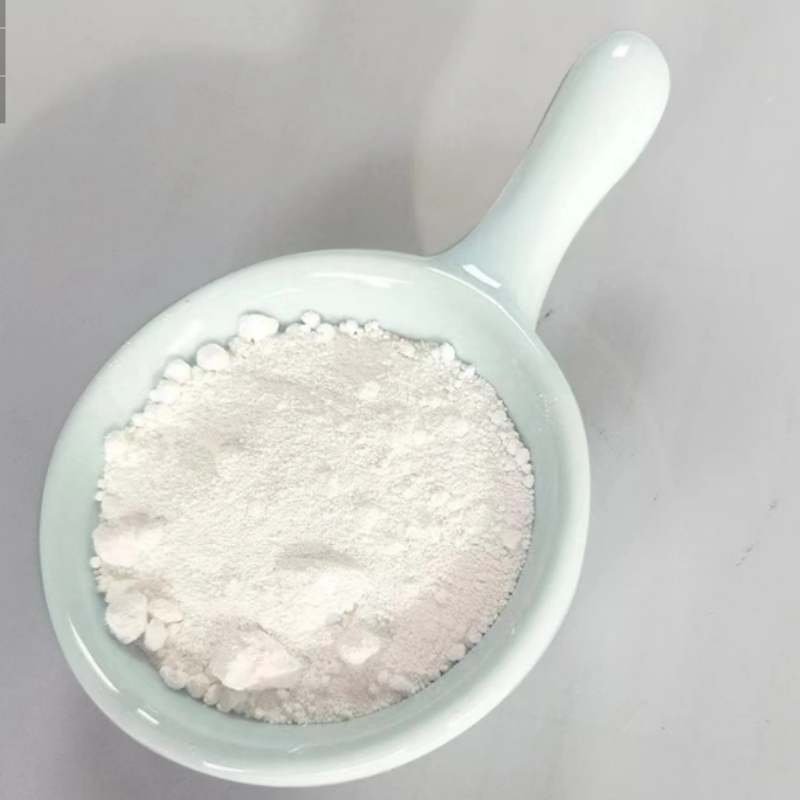-
Categories
-
Pharmaceutical Intermediates
-
Active Pharmaceutical Ingredients
-
Food Additives
- Industrial Coatings
- Agrochemicals
- Dyes and Pigments
- Surfactant
- Flavors and Fragrances
- Chemical Reagents
- Catalyst and Auxiliary
- Natural Products
- Inorganic Chemistry
-
Organic Chemistry
-
Biochemical Engineering
- Analytical Chemistry
-
Cosmetic Ingredient
- Water Treatment Chemical
-
Pharmaceutical Intermediates
Promotion
ECHEMI Mall
Wholesale
Weekly Price
Exhibition
News
-
Trade Service
Sodium caseinate is a food additive that is commonly used in the chemical industry.
It is derived from casein, which is a protein found in milk, and is used as a thickener, stabilizer, and emulsifier in a variety of food products.
Despite its widespread use, there are concerns about the safety of sodium caseinate, particularly in terms of its potential impact on human health.
One of the main concerns about the safety of sodium caseinate is its potential to cause cancer.
Studies have shown that certain components of sodium caseinate, such as caseinoglobulins and caseinates, may have mutagenic and carcinogenic properties.
This means that they have the potential to damage DNA and cause cancer in humans.
While the evidence for these effects is limited, it is still a cause for concern, particularly given the widespread use of sodium caseinate in the food industry.
Another potential health risk associated with sodium caseinate is its impact on digestive health.
Some studies have suggested that consuming large amounts of sodium caseinate may lead to digestive problems, such as diarrhea, bloating, and cramping.
This is due to the fact that sodium caseinate is not easily digested by the body, and may cause gastrointestinal distress in some individuals.
There is also some evidence to suggest that sodium caseinate may have an impact on cardiovascular health.
Studies have shown that consuming high levels of sodium caseinate may increase the risk of high blood pressure and other cardiovascular problems.
This is because sodium caseinate is high in sodium, which can cause the body to retain fluid and increase blood pressure.
Despite these potential health risks, there are some benefits to using sodium caseinate in the food industry.
For example, it is a good source of protein and can help to improve the texture and consistency of food products.
It is also considered to be a relatively safe additive, as it is widely used in many different types of foods and has not been shown to cause significant harm in most cases.
In conclusion, while there are some concerns about the safety of sodium caseinate, particularly in terms of its potential impact on human health, it is still widely used in the food industry.
It is important for consumers to be aware of the potential risks associated with consuming large amounts of sodium caseinate, and to carefully consider these factors when making food choices.
Additionally, more research is needed to better understand the long-term effects of consuming sodium caseinate and to determine the safest and most effective ways to use this additive in food production.







